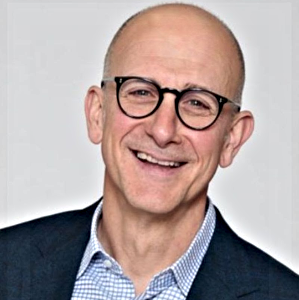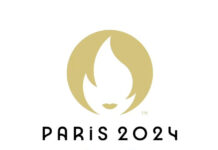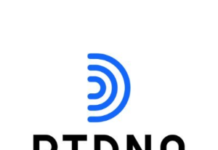
(By Jeff McHugh) “I don’t listen to radio.” You have probably noticed more people saying that in recent years. Sometimes, concerned broadcasters ask me about the uncertain future of AM/FM, and I use The Cheesecake Factory as a metaphor to consider.
Some people say they do not shop at malls anymore. In the 1970’s, malls were printing money. Then new competition like Target and Amazon.com arrived, and some management responded with their go-to strategy: cost-cutting.
The world’s largest retailer, Sears Roebuck and Co., began firing experienced sales clerks and replaced unique customer favorites with generic merchandise you could find anywhere. Sears stores looked deteriorated. Sears’ cost-cutting killed that legendary brand, decreased traffic at neighboring mall stores, and drove shoppers elsewhere. As similar anchor stores like Lord & Taylor and Mervyns died off, malls became less cool, and many malls closed.
Imagine the FM band in your town, like that mall everyone used to go to before cost-cutting and competition. The oversized anchor players taking up most of the space are not bringing their A-game. With thousands of dark stations off the air, the AM band might be like a mostly empty mall. There’s not much reason to go there anymore — even if you did have a government-dictated AM radio in your Tesla.
However, mall retailers have a term called The Cheesecake Factor. According to Moody’s Analytics, the presence of just one exceptional player like The Cheesecake Factory, The Apple Store, or Lululemon in a mall means that the mall is probably successful. That mall is likely as healthy as a horse if they have all three.
What does it take to lure a shopper like you off the couch, put on clothes, and navigate traffic across town to a shopping mall?
Cheesecake Factory has a remarkable 250-item menu, something for everyone. Wait staff are required to memorize – and taste – the entire menu. Training takes 2-3 weeks. They use refrigerators, not freezers, because Cheesecake Factory food is fresh. Execution is such a priority that managers measure the angle of the bread slices. From open to close, most Cheesecake Factory tables are full.
A few years ago, I left radio and worked for Lululemon. If you ever work out in Lululemon gear, you will never buy Adidas again. You could order Lululemon online, but customers love the helpful “educators” and “kitchen party” vibe workers are trained to create. You can even take a free yoga class in the store.
The year I left Lululemon to work for The Randy Lane Company, the top three US retailers for profit per square foot were Apple, Tiffany, and Lululemon. Experts say, “People go to the mall to go to Apple. They do not go to a mall and end up at Apple.” There is a lesson in that idea for all of us.
If reviving dead malls with exceptional products and experience is possible, it is possible to lure “I don’t listen to radio” listeners back to radio, but not with music and generic content.
To thrive in the audio space for 2024 and beyond requires content so impactful that people mention it to others—authenticity, storytelling, wide-ranging emotion, strong opinion, unfiltered on-air characters, and precise show execution.
Think of Sears whenever you hear a meandering, uninteresting show, cookie-cutter music playlists, who-cares station concerts, or text-to-win giveaways.
Jeff McHugh is known for developing remarkable talent for both morning and afternoon drive. He brings an uncommon mix of positivity, creativity, and strategy to the shows that he coaches. He is a member of the team at the Randy Lane Company. Reach Jeff at [email protected] and read his Radio Ink archives here.









Back in the competitive radio daze, when we got a direct competitor we cut the ad load from 18 minutes NAB approved to 10 and raised our rates!
It worked so well it became our permanent clock.
Our research said I switched to FM for less commercials.
Stereo in cars helped also.
“Think of Sears whenever you hear a meandering, uninteresting show, cookie-cutter music playlists, who-cares station concerts, or text-to-win giveaways.”….
But that’s all you hear. The radio operators have been reading these pieces for years, and do nothing. The declining revenue and audience is at their doing. PD’s send emails and blame morning shows for ratings to keep their jobs. When the get a lucky ratings period, they tout the music. No one is really looking our for clients and audience. By the way, radio audiences hate commercials and they just keep adding more.